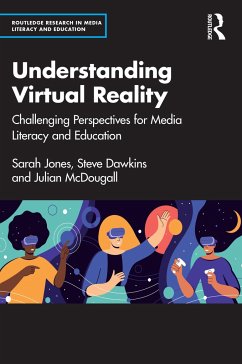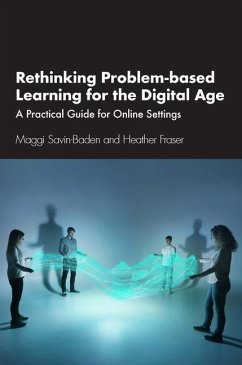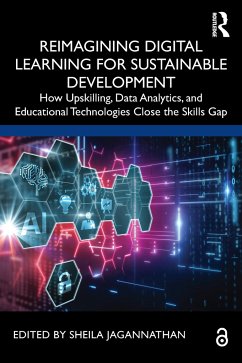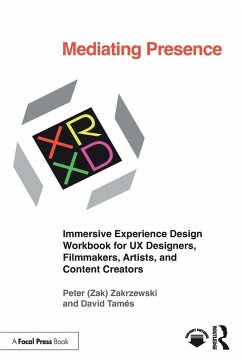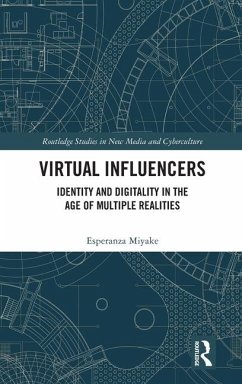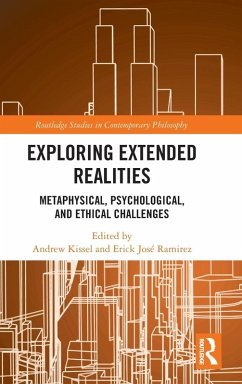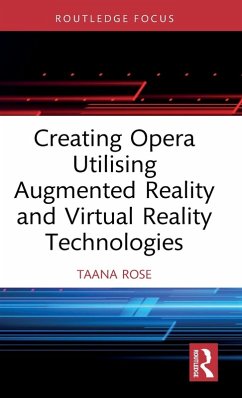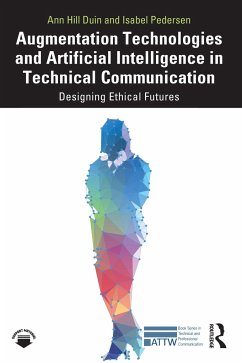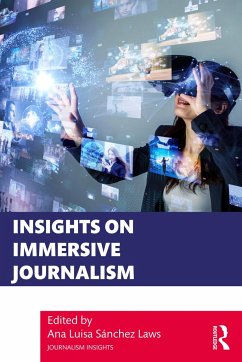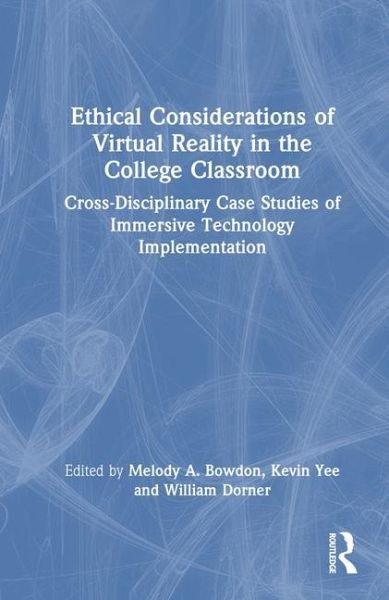
Ethical Considerations of Virtual Reality in the College Classroom
Cross-Disciplinary Case Studies of Immersive Technology Implementation
Herausgegeben: Bowdon, Melody; Yee, Kevin; Dorner, William
Versandkostenfrei!
Versandfertig in 6-10 Tagen
46,99 €
inkl. MwSt.
Weitere Ausgaben:

PAYBACK Punkte
23 °P sammeln!
Ethical Considerations of Virtual Reality in the College Classroom collects case studies that address both pedagogical and ethical foundations of extended reality tools in postsecondary learning environments across disciplines. With today's institutional programs and faculty leveraging cutting-edge virtual, augmented, and mixed reality opportunities to teach and promote achievement goals, it is imperative that new research into these technologies speaks directly to their challenges and affordances within broad academic settings. This book showcases real-world examples of faculty members who ch...
Ethical Considerations of Virtual Reality in the College Classroom collects case studies that address both pedagogical and ethical foundations of extended reality tools in postsecondary learning environments across disciplines. With today's institutional programs and faculty leveraging cutting-edge virtual, augmented, and mixed reality opportunities to teach and promote achievement goals, it is imperative that new research into these technologies speaks directly to their challenges and affordances within broad academic settings. This book showcases real-world examples of faculty members who chronicle and develop their use of VR tools across learning contexts and student populations by creating their own digital experiences, adapting open-source tools, integrating commercial products, amplifying crucial course content, analyzing outcomes data, and more. Nontechnical readers will come away with a new understanding of key terms and concepts associated with virtual reality and essential heuristics for evaluating the ethical implications of immersive approaches.





